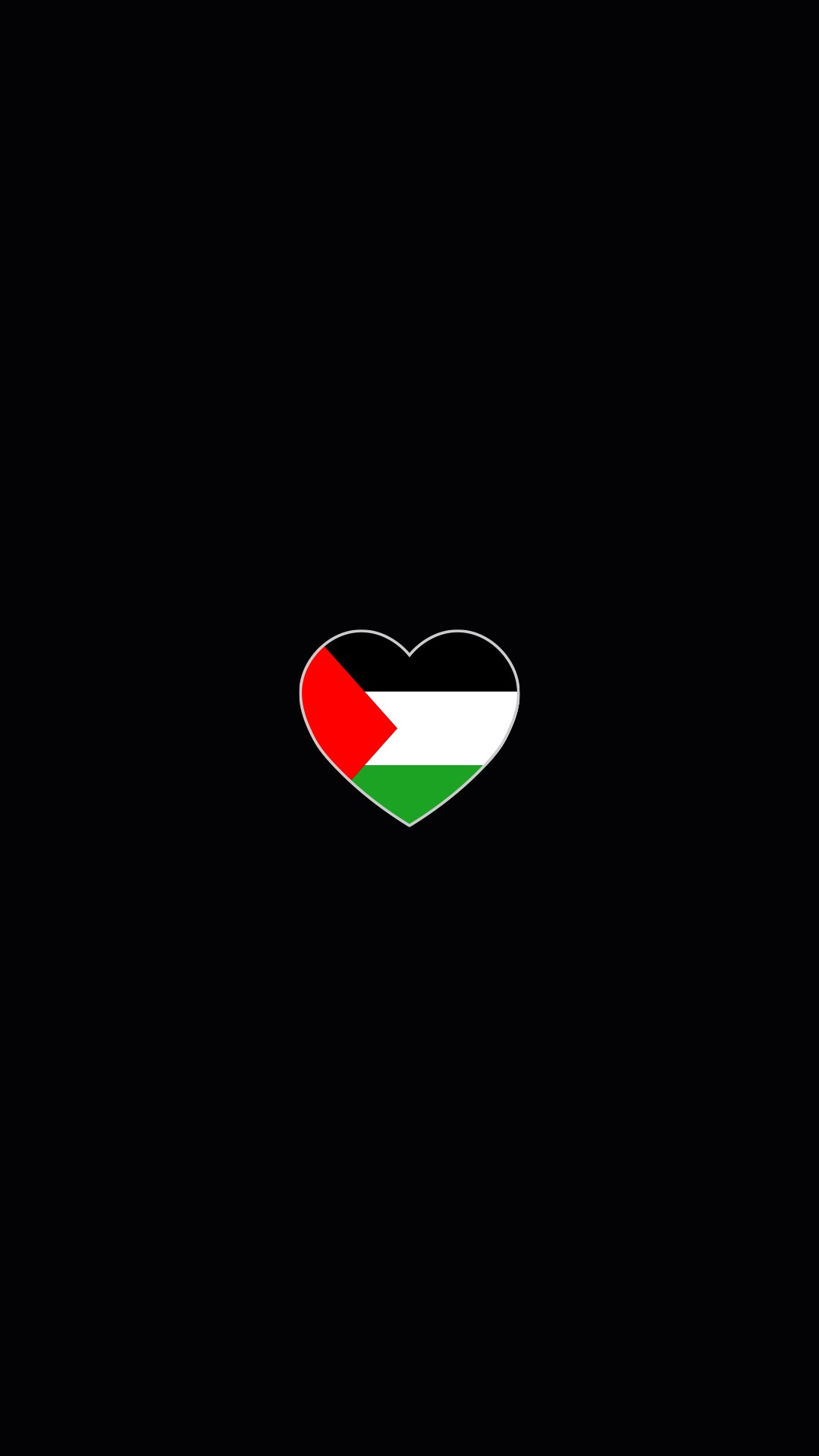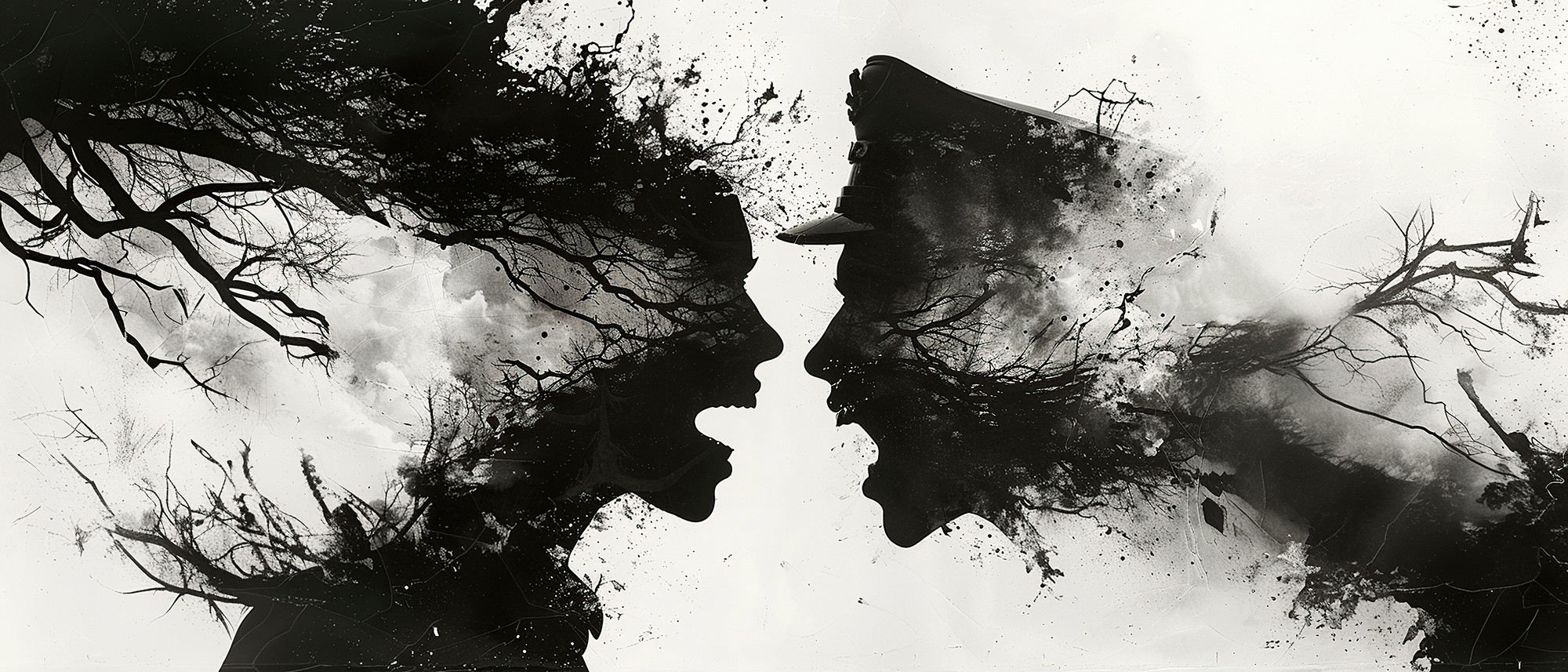
#FreePalestine
Description
Collection of duas has been compiled for those who wish to raise their hands and hearts for the people of Palestine. In the face of injustice, oppression, and suffering, we turn to Allah, the One who hears, the One who sees, and the One who responds.
اَللّٰهُمَّ مُنْزِلَ الْكِتَابِ ، ومُجْرِيَ السَّحَابِ ، وهَازِمَ الْأحْزَابِ ، اهْزِمْهُمْ وانْصُرْنَا عَلَيْهِمْ
Allāhumma munzila-l-kitāb, wa mujriya-s-saḥāb, wa hāzima-l-aḥzāb, ihzimhum wa-n-ṣurnā ʿalayhim.
Translation:O Allah, Revealer of the Book, Mover of the clouds, Defeater of the tribes, defeat them and grant us victory over them.
ʿAbdullāh b. Abī Awfā (raḍiy Allāhu ‘anhu) reported that the Messenger of Allah ﷺ, on one of the days that he met the enemy, waited until the sun rose, the stood among the people and said: “O people, do not look forward to meeting the enemy, but ask Allah for well-being. When you meet them, be steadfast. And know that Paradise is under the shadow of swords.” Then he said [the above]. (Bukhārī 3025)
اَللّٰهُمَّ اكْفِنِيْهِمْ بِمَا شِئْتَ
Allāhumma-kfinīhim bimā shi’ta.
Translation:O Allah, suffice me from them, with what You choose.
Suhaib reported that Allah's Messenger (ﷺ) thus said:
There lived a king before you and he had a (court) magician. As he (the magician) grew old, he said to the king: I have grown old, send some young boy to me so that I should teach him magic. He (the king) sent to him a young man so that he should train him (in magic). And on his way (to the magician) he (the young man) found a monk sitting there. He (the young man) listened to his (the monk's) talk and was impressed by it. It became his habit that on his way to the magician he met the monk and set there and he came to the magician (late). He (the magician) beat him because of delay. He made a complaint of that to the monk and he said to him: When you feel afraid of the magician, say: Members of my family had detained me. And when you feel afraid of your family you should say: The magician had detained me. It so happened that there came a huge beast (of prey) and it blocked the way of the people, and he (the young boy) said: I will come to know today whether the magician is superior or the monk is superior. He picked up a stone and said: O Allah, if the affair of the monk is dearer to Thee than the affair of the magician, cause death to this animal so that the people should be able to move about freely. He threw that stone towards it and killed it and the people began to move about (on the path freely). He (the young man) then came to that monk and Informed him and the monk said: Sonny, today you are superior to me. Your affair has come to a stage where I find that you would be soon put to a trial, and in case you are put to a trial don't give my clue. That young man began to treat the blind and those suffering from leprosy and he in fact began to cure people from (all kinds) of illness. When a companion of the king who had gone blind heard about him, he came to him with numerous gifts and said: If you cure me all these things collected together here would be yours. Be said: I myself do not cure anyone. It is Allah Who cures and if you affirm faith in Allah, I shall also supplicate Allah to cure you. He affirmed his faith in Allah and Allah cured him and he came to the king and sat by his side as he used to sit before. The king said to him: Who restored your eyesight? He said: My Lord. Thereupon he said: It means that your Lord is One besides me. He said: My Lord and your Lord is Allah, so he (the king) took hold of him and tormented him till he gave a clue of that boy. The young man was thus summoned and the king said to him: O boy, it has been conveyed to me that you have become so much proficient in your magic that you cure the blind and those suffering from leprosy and you do such and such things. Thereupon he said: I do not cure anyone; it is Allah Who cures, and he (the king) took hold of him and began to torment him. So he gave a clue of the monk. The monk was thus summoned and it was said to him: You should turn back from your religion. He, however, refused to do so. He (ordered) for a saw to be brought (and when it was done) he (the king) placed it in the middle of his head and tore it into parts till a part fell down. Then the courtier of the king was brought and it was said to him: Turn back from your religion. Arid he refused to do so, and the saw was placed in the midst of his head and it was torn till a part fell down. Then that young boy was brought and it was said to him: Turn back from your religion. He refused to do so and he was handed over to a group of his courtiers. And he 'said to them: Take him to such and such mountain; make him climb up that mountain and when you reach its top (ask him to renounce his faith) but if he refuses to do so, then throw him (down the mountain). So they took him and made him climb up the mountain and he said: O Allah, save me from them (in any way) Thou likest and the mountain began to quake and they all fell down and that person came walking to the king. The king said to him: What has happened to your companions? He said: Allah has saved me from them. He again handed him to some of his courtiers and said: Take him and carry him in a small boat and when you reach the middle of the ocean (ask him to renounce) his religion, but if he does not renounce his religion throw him (into the water). So they took him and he said: O Allah, save me from them and what they want to do. It was quite soon that the boat turned over and they were drowned and he came walking to the king, and the king said to him: What has happened to your companions? He said: Allah has saved me from them, and he said to the king: You cannot kill me until you do what I ask you to do. And he said: What is that? He said: You should gather people in a plain and hang me by the trunk (of a tree). Then take hold of an arrow from the quiver and say: In the name of Allah, the Lord of the young boy; then shoot an arrow and if you do that then you would be able to kill me. So he (the king) called the people in an open plain and tied him (the boy) to the trunk of a tree, then he took hold of an arrow from his quiver and then placed the arrow in the bow and then said: In the name of Allah, the Lord of the young boy; he then shot an arrow and it bit his temple. He (the boy) placed his hands upon the temple where the arrow had bit him and he died and the people said: We affirm our faith in the Lord of this young man, we affirm our faith in the Lord of this young man, we affirm our faith in the Lord of this young man. The courtiers came to the king and it was said to him: Do you see that Allah has actually done what you aimed at averting. They (the people) have affirmed their faith in the Lord. He (the king) commanded ditches to be dug at important points in the path. When these ditches were dug, and the fire was lit in them it was said (to the people): He who would not turn back from his (boy's) religion would be thrown in the fire or it would be said to them to jump in that. (The people courted death but did not renounce religion) till a woman came with her child and she felt hesitant in jumping into the fire and the child said to her: 0 mother, endure (this ordeal) for it is the Truth.
Sahih Muslim 3005
اَللّٰهُمَّ رَبَّ السَّمٰـوٰتِ السَّبْعِ ، وَرَبَّ العَرْشِ العَظِيْمِ ، كُنْ لِيْ جَارًا مِنْ فُلَانِ بْنِ فُلَانٍ ، وَأَحْزَابِهِ مِنْ خَلَائِقِكَ ؛ أنْ يَّفْرُطَ عَلَىَّ أحَدٌ مِنهُمْ أوْ يَطْغٰى ، عَزَّ جَارُكَ ، وَجَلَّ ثَنَاؤُكَ ، وَلَا إِلٰهَ إِلَّا أَنْتَ
Allāhumma Rabb-as-samāwāti-s-sabiʿ, wa Rabba-l-ʿArshi-l-ʿaẓīm, kun lī jāran min fulāni-bni-fulān, wa aḥzābihi min khalāiqiqa; ay-yafruṭa ʿalayya aḥadun minhum aw yaṭgā, ʿazza jāruk, wa jalla thanā’uk, wa lā ilāha illā Ant.
Translation:O Allah, Lord of the seven heavens, Lord of the Magnificent Throne, be for me a support against [such and such a person] and his helpers from among your creatures, lest any of them abuse me or do me wrong. Mighty is Your patronage, and glorious are Your praises. There is none worthy of worship but You.
ʿAbdullāh b. Masʿūd (raḍiy Allāhu ‘anhu) narrated that the Prophet ﷺ said: “When one of you fears a ruler, they should say [the above].” (Ṭabarānī in Muʿjam al-Kabīr)
لَا إِلٰهَ إِلَّا اللّٰهُ
Lā ilāha illā-llāh.
Translation:There is no god but Allah.
Zaynab bint Jaḥsh (raḍiy Allāhu ʿanhā) said that the Messenger of Allah ﷺ once came to her in a state of fear and said, [the above] Woe unto the Arabs from a danger that has come near. An opening has been made in the wall of Yājūj and Mājūj like this, making a circle with his thumb and index finger. Zaynab bint Jaḥsh said, “O Messenger of Allah ﷺ! Shall we be destroyed even though there are pious persons among us?” He said, “Yes, when evil (people) will increase.” (Bukhārī 3346)
حَسْبِيَ اللّٰهُ وَنِعْمَ الْوَكِيْلُ
Ḥasbiyallāhu wa niʿmal Wakīl.
Translation:Allah is enough for me and He is the Best Protector.
Ibn ʿAbbās (radiy Allāhu ʿanhumā) said: “The last utterance of Ibrāhīm n when he was thrown into the fire was [the above].” (Bukhārī 4564)
اَللّٰهُمَّ رَحْمَتَكَ أَرْجُوْ فَلَا تَكِلْنِيْ إِلٰى نَفْسِيْ طَرْفَةَ عَيْنٍ ، وَأَصْلِحْ لِي شَأْنِيْ كُلَّهُ لَا إِلٰهَ إِلَّا أَنْتَ
Allāhumma raḥmataka arjū fa-lā takilnī ilā nafsī ṭarfata ʿayn, wa aṣliḥ lī sha’nī kullah lā ilāha illā Ant.
Translation:O Allah! Your Mercy is what I hope for so do not entrust me to myself for the blink of an eye, rectify all of my affairs. There is no god worthy of worship but You.
The Messenger of Allah ﷺ said: “The supplications for the one who is distressed are [the above].” (Abu Dāwud 5090)
يَا مُقَلِّبَ الْقُلُوْبِ ثَبِّتْ قَلْبِيْ عَلَىٰ دِيْنِكَ
Yā Muqalliba-l-qulūbi thabbit qalbī ʿalā dīnik.
Translation:O Changer of the hearts, make my heart firm upon Your religion.
Anas (raḍiy Allāhu ‘anhu) said: “The Messenger of Allah ﷺ would often say [the above]. So I asked: ‘O Messenger of Allah, we believe in you and what you have come with, but do you fear for us?’ He replied: ‘Yes. Indeed the hearts are in between the two Fingers of Allah’s Fingers. He changes them as He wills.”’ (Tirmidhī 3522)
حَسْبِيَ اللّٰهُ لَا إِلٰهَ إِلَّا هُوَ ، عَلَيْهِ تَوَكَّلْتُ ، وَهُوَ رَبُّ الْعَرْشِ الْعَظِيْمِ.
Ḥasbiya-Allāhu lā ilāha illā Huwa, ʿalayhi tawakkaltu, wa Huwa Rabbu-l-ʿArshi-l-ʿaẓīm.
Translation:Allah is sufficient for me. There is no god worthy of worship except Him. I have placed my trust in Him only and He is the Lord of the Magnificent Throne.
Abū al-Dardā’ (raḍiy Allāhu ʿanhu) narrates from the Messenger of Allah ﷺ that he said: “Whoever recites [the above] seven times in the morning and in the evening, Allah will suffice him in everything that concerns him in matters of this world and the next.” (Ibn al-Sunnī 71)




